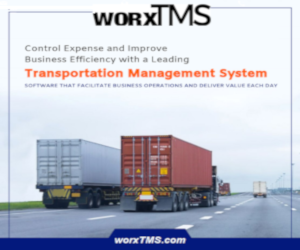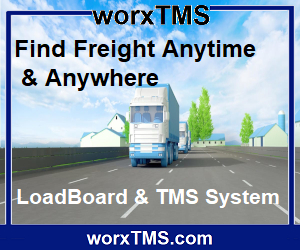One often overlooked budget item in growing companies is transportation and logistics. As companies focus on growth, the oversight of logistics programs frequently becomes a complimentary duty of employees whose primary focus might be in other company disciplines.
As a result, the transportation management approach is not visible or sophisticated enough, given the importance and impact it can have on your budget, brand image, and customer satisfaction.
Many programs are transactional and managed entirely by a spreadsheet tracker, which is ineffective in providing the necessary data or insight to support anything more than a roller coaster ride on the spot carrier market. Companies miss the opportunity to collect meaningful data, which, in turn, leads to higher prices—lack of data drives lack of strategy, which drives higher costs.
Simply, a company's profits can fall victim to the volatile and dynamic logistics industry by an under-managed or mismanaged internal focus.
Dramatic increases in transportation costs, poor service, and an inability to move products due to limited capacity is a direct result of a strictly transactional program. It is the high price companies pay for not having applied a thoughtful, strategic, and data-driven methodology to a transportation budget that can represent 5% to 7% of total revenues in product-based organizations.
The latest industry news doesn't get much better for growing companies. Uber's acquisition of Transplace will become weighted even more heavily in favor of larger organizations. Transplace is a $3-billion provider of managed transportation services to global mega-sized companies.
The acquisition provides existing Transplace customers with all of Uber's technology and resources. The consensus is that Uber/Transplace's increased commitment to the complex, volatile logistics industry in the managed transportation service space will continue to provide more products and greater tools to large, global customers.
Additionally, it reinforces the concept of outsourcing logistics services even at the highest and most sophisticated levels of the industry. Many of Transplace's clients spend millions per year, and have robust in-house transportation and logistics departments staffed with tenured and experienced industry experts. Yet these well-managed mega-companies find value in partially outsourcing transportation services.
Better service efficiency and lower costs provide larger companies with more leverage to invest in their business and increase organic growth.
The good news for mid-sized businesses is that there are companies that offer a complete suite of outsourced, customized logistics services designed specifically to service the mid-sized and growing market.
Outsourced TMS companies form collaborative relationships and act as an extension of their client's transportation department. Subject Matter Experts (SMEs) in transportation management design logistics programs customized for analyzing company needs and transportation data for decision making with a proven track record of driving client savings and improving efficiencies.
Strengthening and improving a transportation program helps companies proactively manage a large cost service center with a best-in-class strategy.



